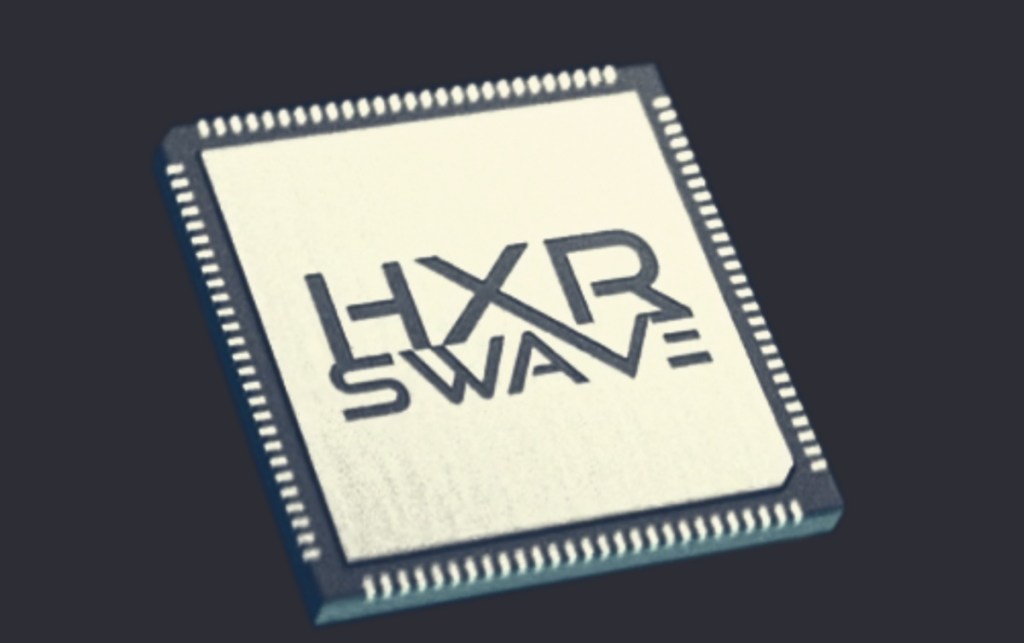
Alibaba Cloud said Tuesday that it’s slashing the price of access to its most advanced large language models by up to 85% in a bid to generate more interest from Chinese businesses.
The move was announced via WeChat and first reported by the South China Morning Post. According to that report, Alibaba Cloud’s Qwen-VL-Max model is now priced at just 0.003 yuan ($0.00041) per thousand tokens. Qwen-VL-Max is a visual reasoning model that’s designed to perceive and understand both text and image-based inputs, and the new pricing vastly undercuts that of rival models from companies like ByteDance Ltd.
Alibaba Cloud is the cloud computing arm of the Chinese e-commerce giant Alibaba Group Holding Ltd. The price cuts highlight the aggressive race between China’s biggest technology firms to win more business for their nascent artificial intelligence offerings.
Alibaba Cloud’s rivals in the Chinese AI market include the likes of Tencent Holdings Ltd., Baidu Inc., JD.Com Inc., Huawei Technologies Co. Ltd. and ByteDance, which is the parent company of TikTok. Over the last 18 months, those companies have all launched competing LLMs that aim to capitalize on the hype around generative AI tech.
LLMs are AI models that are trained on vast quantities of data in order to generate humanlike responses to user’s queries and prompts. They are the foundation of various generative AI chatbots, such as Google’s Gemini and OpenAI’s ChatGPT, as well as next generation search engines like Perplexity AI and image generators like DALL-E.
Alibaba is focusing its efforts on Chinese enterprises, which are just as interested in the potential of generative AI to improve productivity as their U.S. counterparts. In May, Alibaba Cloud said that more than 90,000 enterprises in the country had downloaded its Qwen models.
However, the company faces intense competition. In the last year, Chinese generative AI developers launched more than 250 new LLMs for public use. Along with its biggest tech firms, the country is also home to a number of hot startups, such as DeepSeek, which recently announced the DeepSeek-V3 LLM with 671 billion parameters, making it one of the most powerful open-source models available.
Alibaba Cloud’s Qwen models encompass Qwen-VL, Qwen-VL-Chat, Qwen-VL-Max, Qwen2-VL and the experimental QVQ-72B-Preview. With its state-of-the-art performance, Qwen2-VL-Max excels in benchmarks such as DocVQA and MathVista, surpassing OpenAI’s GPT-4V and Google’s Gemini Ultra.
The Chinese company’s strategy of implementing aggressive price cuts to try and win more business is not new. In February, it announced price reductions of up to 55% on a number of its core cloud computing services, and followed in May by reducing the cost of its original Qwen-VL model by up to 97%.
Image: SiliconANGLE/Microsoft Designer
Your vote of support is important to us and it helps us keep the content FREE.
One click below supports our mission to provide free, deep, and relevant content.
Join our community on YouTube
Join the community that includes more than 15,000 #CubeAlumni experts, including Amazon.com CEO Andy Jassy, Dell Technologies founder and CEO Michael Dell, Intel CEO Pat Gelsinger, and many more luminaries and experts.
THANK YOU








Leave a Comment